All Stories
-
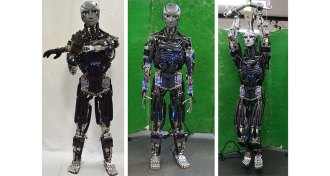 Tech
TechBoy robot passes agility tests
Anatomically accurate humanlike robots pave the way for more sophisticated prosthetics and realistic crash-test dummies.
-
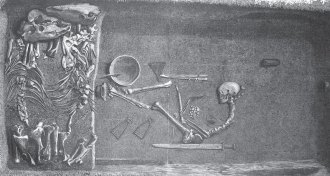 Physics
PhysicsThese 2017 discoveries could be big news, if they turn out to be true
Some findings reported in 2017 are potentially big news, if they hold up to additional scientific scrutiny.
-
 Health & Medicine
Health & MedicineU.S. life expectancy drops for the second year in a row
Life expectancy for the U.S. population decreased in 2016, the second year in a row this measure has dropped.
-
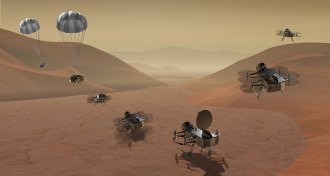 Astronomy
AstronomyNASA’s next stop will be Titan or a comet
The finalists for NASA’s next solar system mission aim to send a drone to Saturn’s largest moon or to return samples from a comet.
-
 Life
LifeA deadly fungus is infecting snake species seemingly at random
A fungal disease doesn’t appear to discriminate among snake species, suggesting many of the reptiles may be at risk.
-
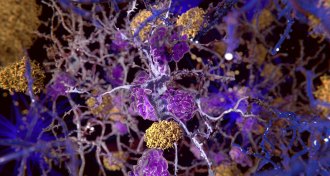 Neuroscience
NeuroscienceSpecks in the brain attract Alzheimer’s plaque-forming protein
Globs of an inflammatory protein can spur the formation of amyloid-beta clumps, a study in mice shows.
-
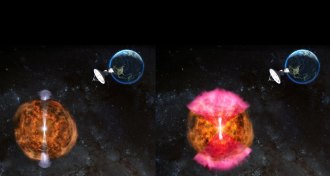 Astronomy
AstronomySmothered jet may explain weird light from neutron star crash
The neutron star collision whose gravitational waves were detected is still glowing in radio waves. The source of those waves might be a new phenomenon.
-
 Health & Medicine
Health & MedicineGay, lesbian and bisexual high schoolers report ‘tragically high’ suicide risk
Teens who identify as sexual minorities are more likely to report suicidal behaviors than their heterosexual peers, a new study finds.
-
 Astronomy
AstronomyThe sun’s outer atmosphere is far more complex than previously thought
The outer corona of the sun was thought to be smooth and uniform. New observations show it’s anything but.
-
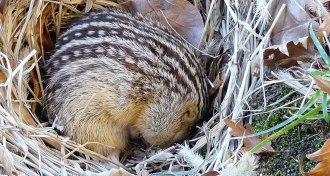 Animals
AnimalsSpecialized protein helps these ground squirrels resist the cold
A less active cold-sensing protein explains, in part, why some hibernating ground squirrels are more tolerant of chilly conditions than the animals’ nonhibernating kin.
-
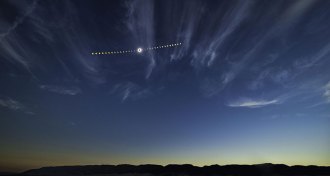 Science & Society
Science & SocietyHow science and society crossed paths in 2017
In 2017, Science News covered the science events that everyone was talking about.
By Kyle Plantz -
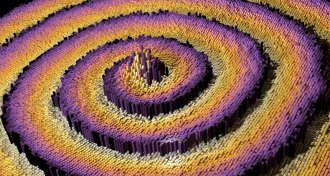 Physics
PhysicsA new kind of spiral wave embraces disorder
Newly discovered spiral wave chimera is disordered in its center.